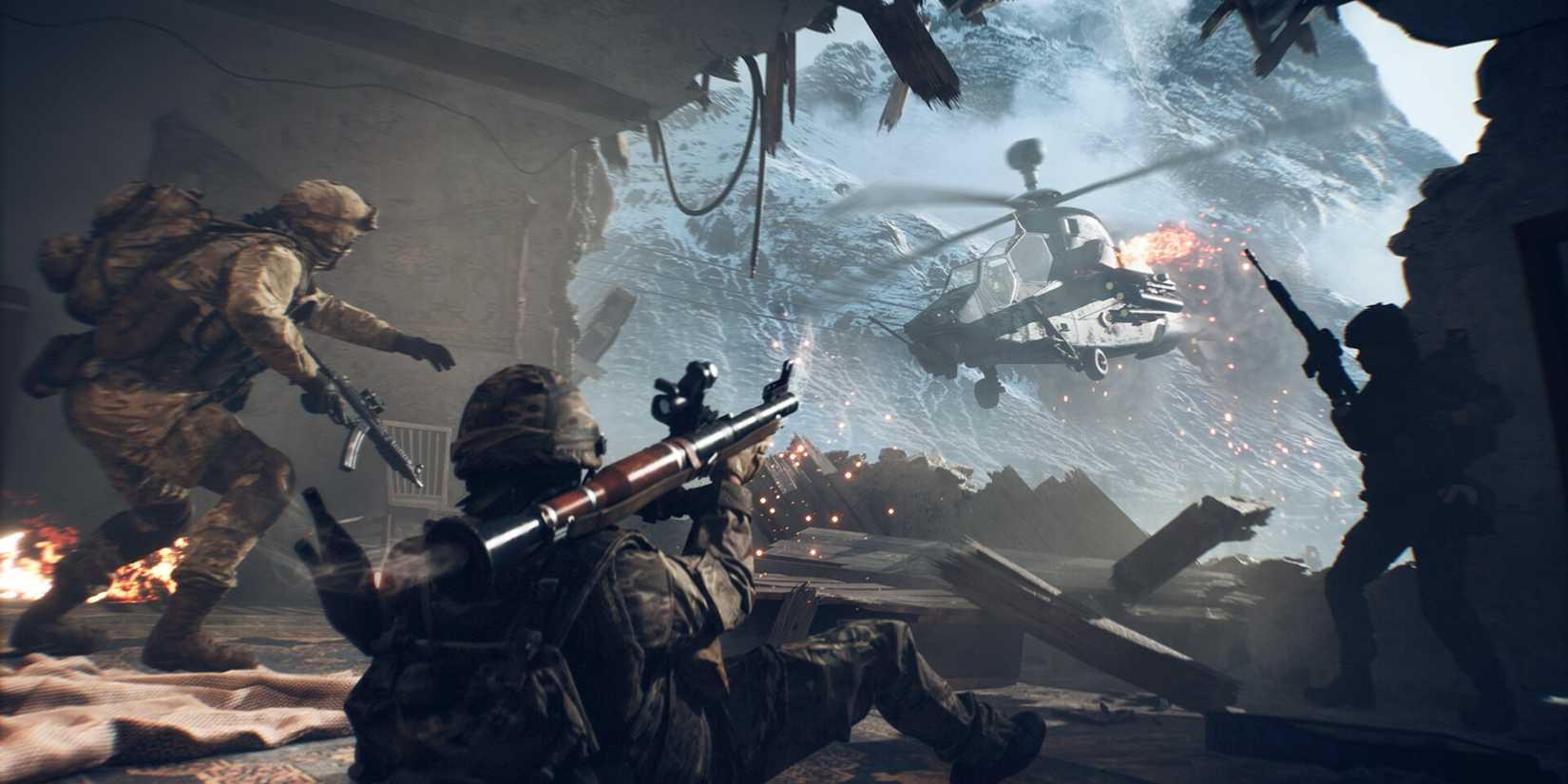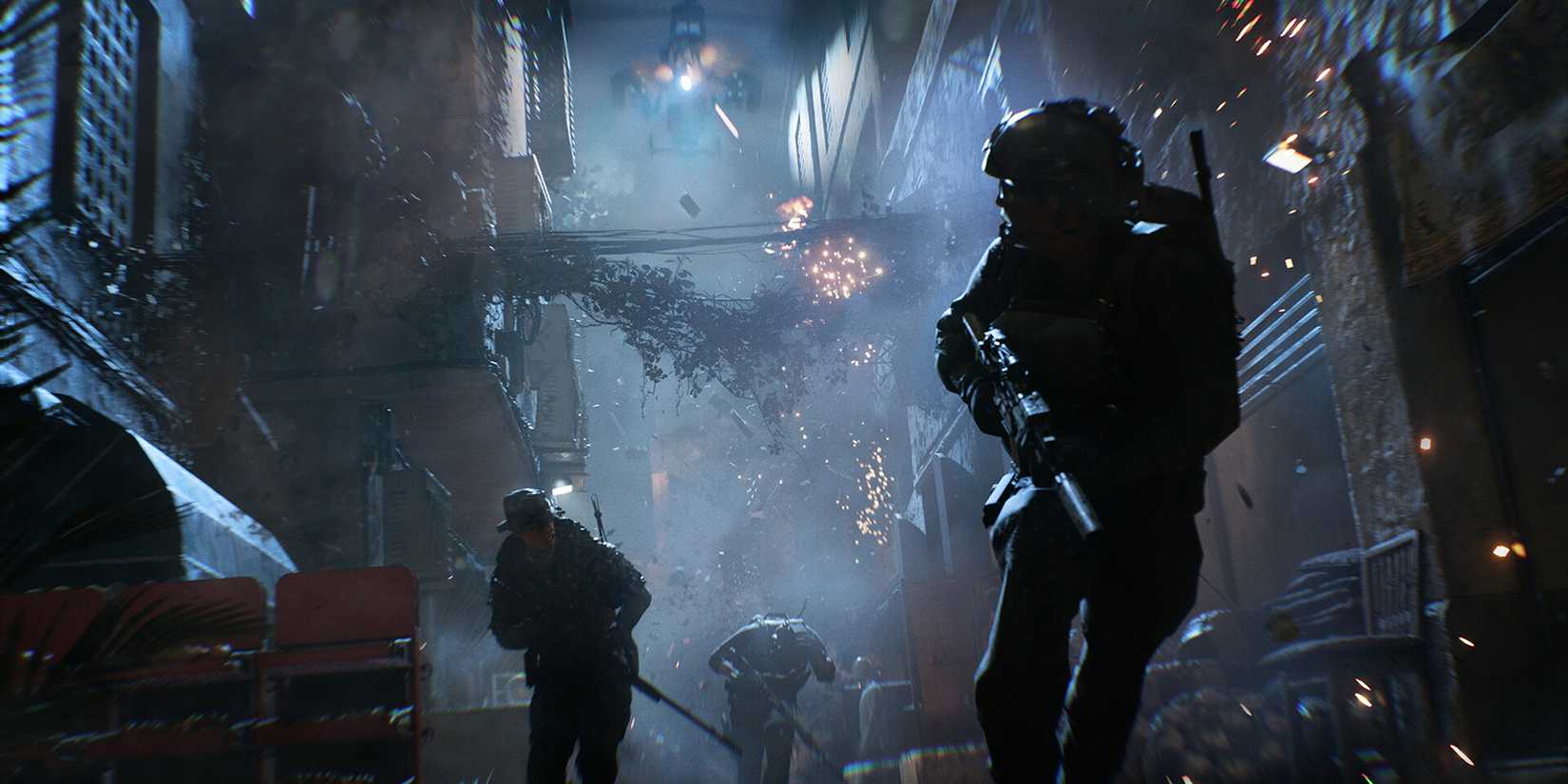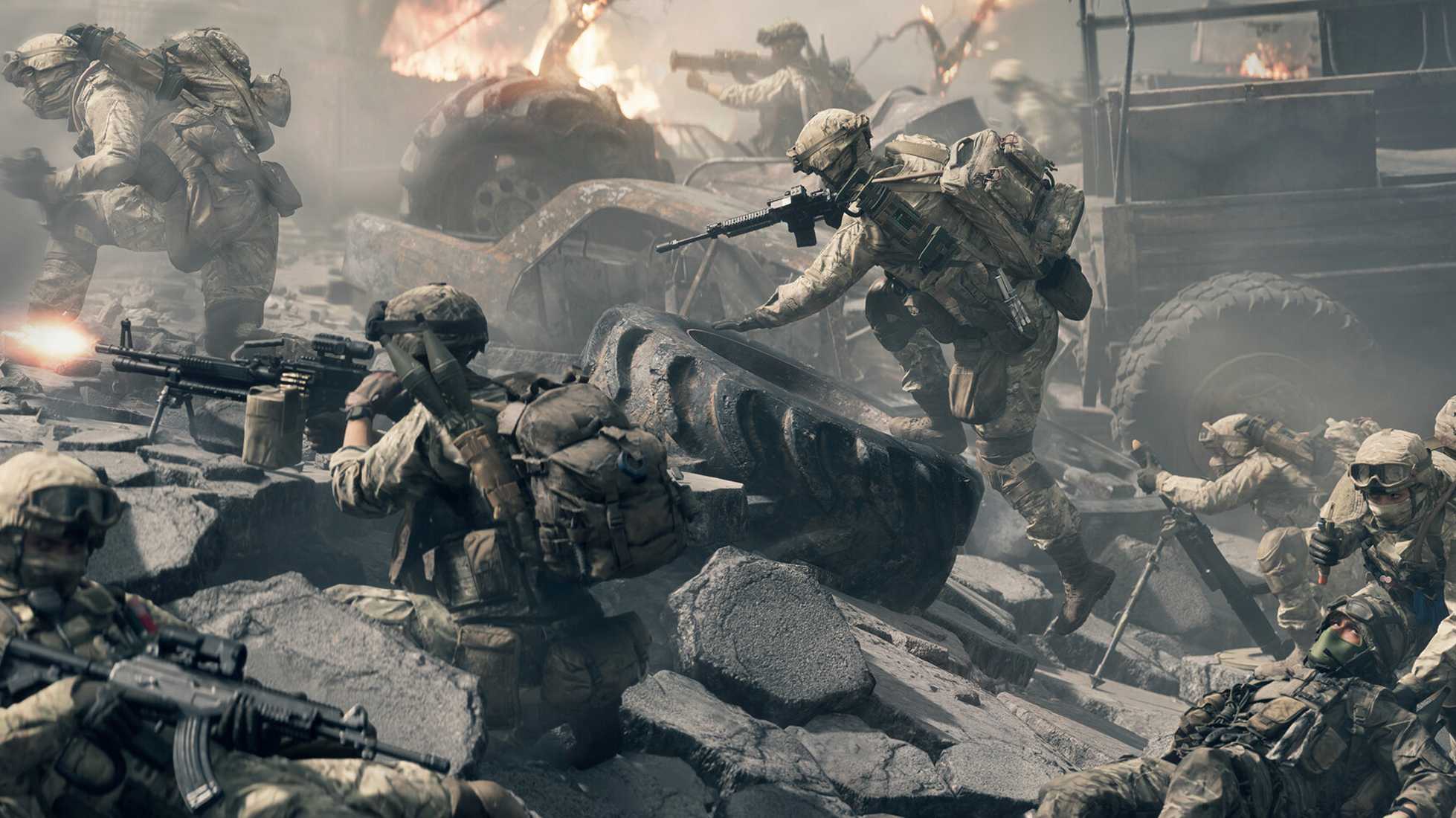EA Rumor: Battlefield Aims for a New Annual Release Strategy to Compete with Call of Duty
Popular Now
 BeamNG.drive
BeamNG.drive
 Counter-Strike 2
Counter-Strike 2
 Brawl Stars
Brawl Stars
 Garena Free Fire: Kalahari
Garena Free Fire: Kalahari
 God of War Ragnarök
God of War Ragnarök
 NBA 2K24
NBA 2K24
 Sonic the Hedgehog™ Classic
Sonic the Hedgehog™ Classic
 CarX Street
CarX Street
 Free Fire
Free Fire
 Minecraft
Minecraft
 In a bombshell rumor that has sent a jolt of anxiety through the Battlefield community, it has been reported that Electronic Arts (EA) is planning to transition the long-running first-person shooter franchise into an annual release cycle. This would be a dramatic shift from the series’ traditional two-to-three-year development timeline, bringing it into direct competition with Activision’s highly successful Call of Duty. The information, stemming from an industry analyst, suggests that EA’s long-term goal is to have three separate studios working on the series in a three-year rotation, a model that has become synonymous with its main rival. While this strategy is still years away from full implementation, the mere mention of it has sparked a heated debate among players who fear a decline in quality and franchise fatigue.
In a bombshell rumor that has sent a jolt of anxiety through the Battlefield community, it has been reported that Electronic Arts (EA) is planning to transition the long-running first-person shooter franchise into an annual release cycle. This would be a dramatic shift from the series’ traditional two-to-three-year development timeline, bringing it into direct competition with Activision’s highly successful Call of Duty. The information, stemming from an industry analyst, suggests that EA’s long-term goal is to have three separate studios working on the series in a three-year rotation, a model that has become synonymous with its main rival. While this strategy is still years away from full implementation, the mere mention of it has sparked a heated debate among players who fear a decline in quality and franchise fatigue.
The core of this rumor, first brought to light by analyst Michael Pachter, suggests that EA is aiming for a major overhaul of the franchise’s development process. According to Pachter, who claims to have spoken with the General Manager of the Battlefield franchise, Byron Beede, the plan is to have a three-studio rotation in place within the next five to six years. This would allow each studio—likely including DICE, Ripple Effect Studios, and Criterion Games—to have a dedicated three-year development cycle, ensuring a new Battlefield title hits the market every single year. The model is a direct echo of the one that has been so lucrative for Call of Duty, providing a consistent stream of new content and a continuous flow of revenue through microtransactions and live services. For EA, which has watched its rival dominate the FPS market, this is a clear move to reclaim lost ground and establish Battlefield as a consistent, top-selling competitor.
 The Double-Edged Sword: Quality vs. Quantity in AAA Gaming
The Double-Edged Sword: Quality vs. Quantity in AAA Gaming
The response from the Battlefield community has been predictably mixed. On one hand, some fans are cautiously optimistic about the prospect of a yearly release. They argue that a more consistent content stream could keep the series fresh and prevent the long lulls between releases that often lead to player base decline. For these players, a new Battlefield experience every year means a new setting, new weapons, and new game modes to explore. The idea of a renewed, iconic rivalry between Battlefield and Call of Duty that defined a decade of gaming is a powerful and nostalgic one.
However, the overwhelming sentiment from the franchise’s veterans is one of deep concern and skepticism. Many point to the disastrous launch of Battlefield 2042, a title that was plagued by bugs, design issues, and a lack of core features at launch. The development of Battlefield 2042, which involved multiple studios, was criticized for its rushed nature and lack of cohesive vision. Fans fear that an annual release schedule would only exacerbate these issues, leading to a race to the bottom where quality is sacrificed for the sake of meeting a yearly deadline. The argument is that the signature large-scale maps, intense destruction physics, and combined arms warfare that define the Battlefield experience require time, polish, and a meticulous attention to detail that a short development cycle simply cannot provide. The concern is that EA’s ambition could lead to a series of underdeveloped and repetitive games, ultimately damaging the franchise’s reputation beyond repair.
- Franchise Fatigue: The main fear is that a yearly release schedule will lead to franchise fatigue. The Call of Duty model, while financially successful, has often been criticized for a lack of innovation and a feeling of “more of the same.” Fans worry that Battlefield, a series known for its ambitious and often experimental design choices, will lose its identity in the process.
- Impact on Development: A three-year cycle per game, while seemingly generous, is tight for a title as complex and large-scale as Battlefield. The pressure to innovate and deliver a polished product on a strict schedule could lead to developer crunch, team burnout, and a decline in overall quality.
- The Live Service Model: An annual release would almost certainly be tied to an aggressive live service model, with seasonal content, battle passes, and cosmetic microtransactions. While this is already a part of modern gaming, fans are wary of a system that would force them to buy a new $70 game every year while also being pushed to spend money on in-game purchases.
 What the Future Holds for the Battlefield Franchise
What the Future Holds for the Battlefield Franchise
It is important to remember that this is, at this point, a rumor. While Michael Pachter has a history of industry insight, his claims have also been inaccurate in the past. Furthermore, the plan is described as a long-term strategy, and a lot could change between now and its potential implementation. However, the rumor itself is a significant talking point and reflects a broader conversation about the state of the AAA gaming industry. It shows that EA is serious about the future of the Battlefield franchise, especially in light of the overwhelmingly positive reception to the beta for the next installment, Battlefield 6.
The ultimate success of this strategy, if it is indeed true, will depend on EA’s ability to manage its multiple studios and ensure a consistent level of quality. It would require a high degree of creative and technical coordination between DICE, Ripple Effect, and other potential studios. The key will be for each studio to carve out its own identity within the franchise, perhaps by focusing on different eras or styles of warfare, as Call of Duty has done with its own sub-franchises (Modern Warfare, Black Ops, etc.). For now, the community can only watch and wait, hoping that EA’s ambition to compete with the FPS giant doesn’t come at the cost of the very qualities that make Battlefield unique.
This development is a defining moment for the Battlefield franchise. The path forward is one of significant risk and potential reward. If EA can successfully navigate the challenges of an annual release schedule, it could revitalize the series and make it a dominant force in the gaming world once again. If not, the rumor could become a cautionary tale of a beloved franchise that was pushed too hard and fell victim to its own corporate ambitions.









